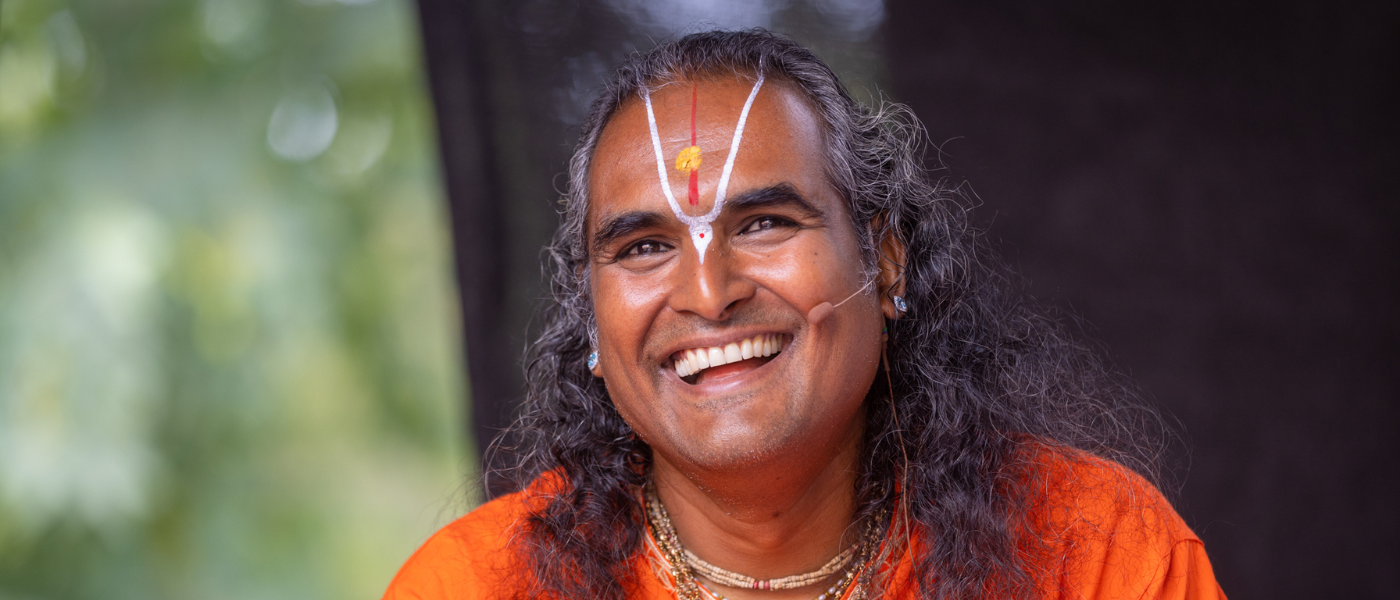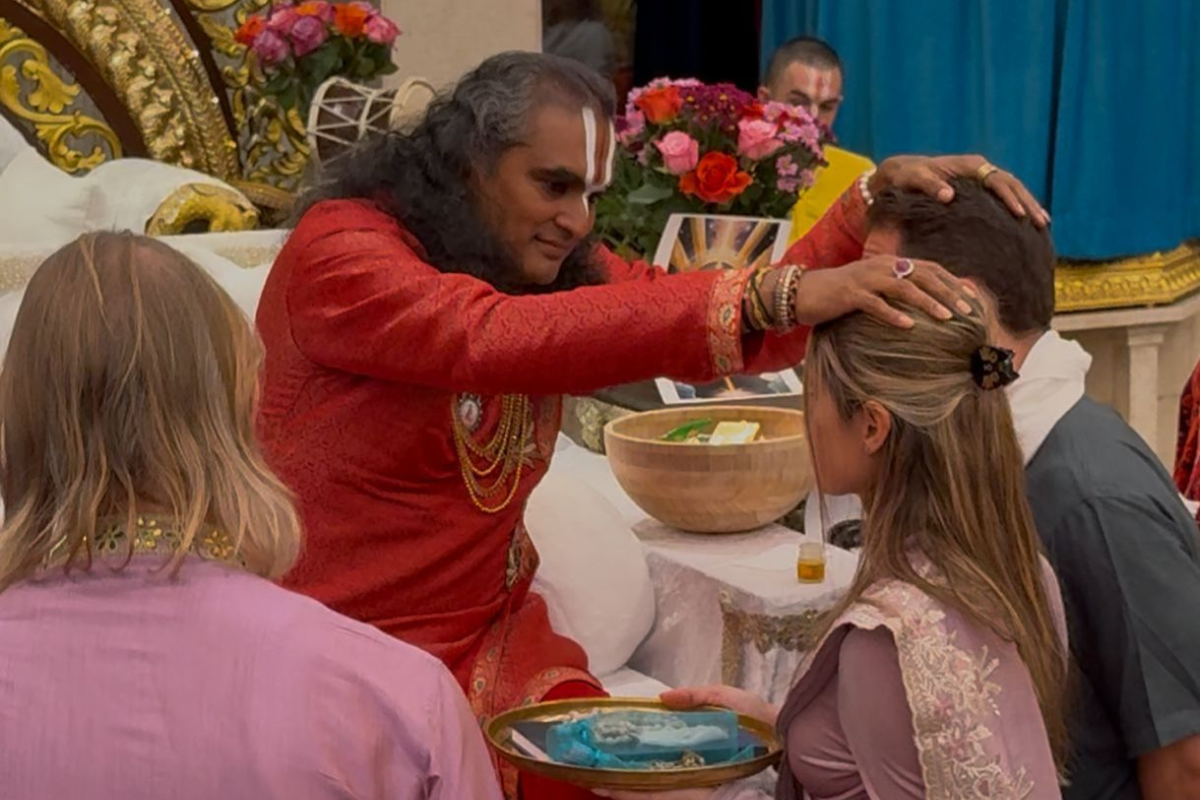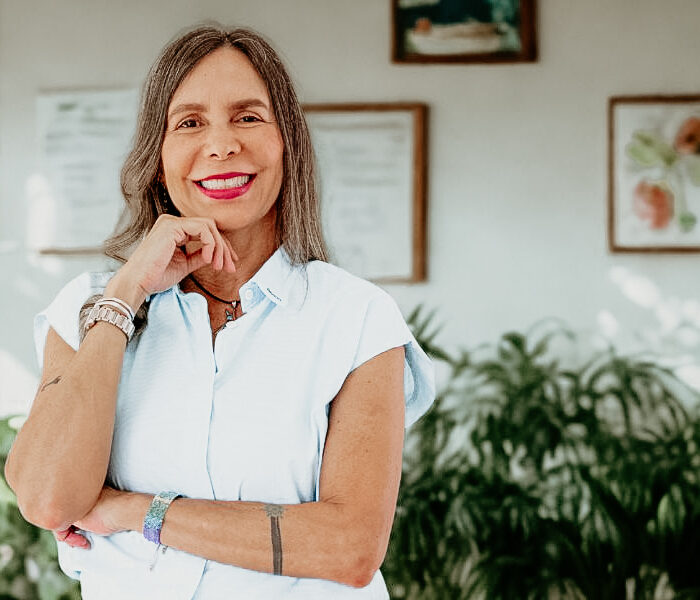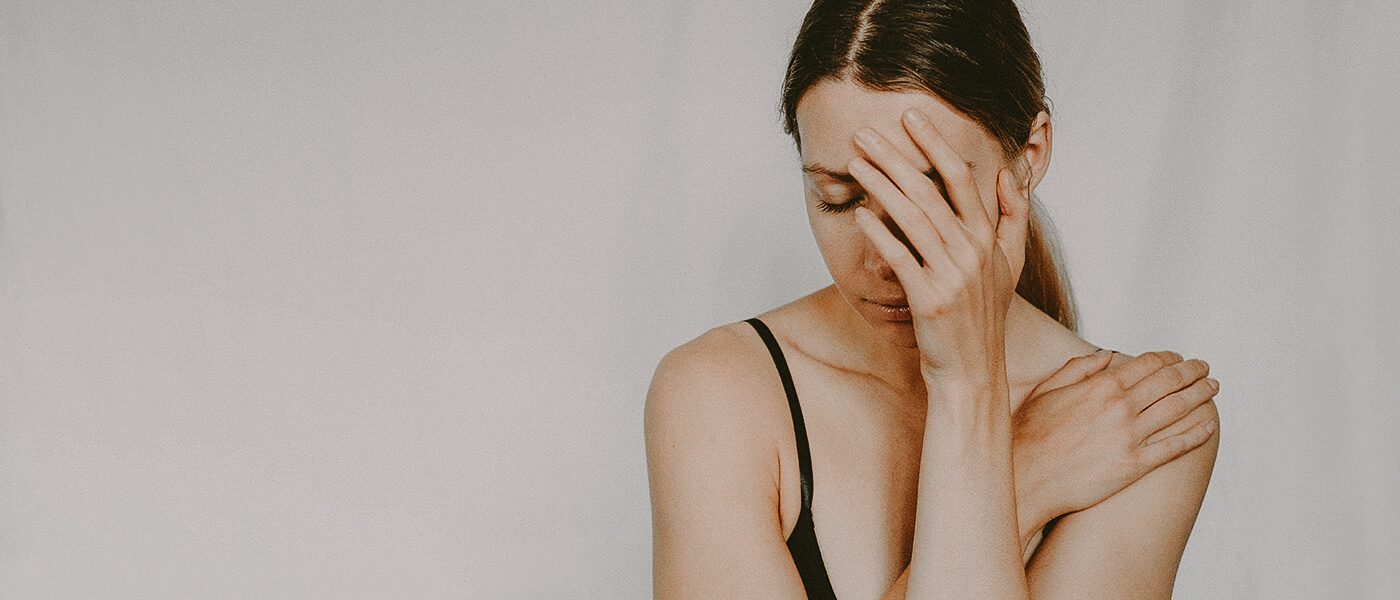Why does happiness feel as if it is forever fleeting and what is the secret to its attainment?


The cultural chase for happiness
We live in a time where the pursuit of happiness has become a cultural norm — an endless chase, an Instagram slogan, a product we’re sold. Yet, the more we seek it, the more elusive it becomes.
We think happiness resides in our partners, our families, our homes, and our travels… and indeed, it can be found there. But the one who truly sees it is often not present — and this is where the suffering lies.
The timeless energy of happiness
Happiness itself is a pervasive energy. It has no clear beginning and no end.
Can you truly say what is the origin of happiness and what is its end? Happiness is a quality, a vibrational frequency. Humans and animals alike are drawn to it. We have been chasing it since time immemorial.
Yet why, after so many years of human existence, does it still feel as if we don’t have it? Why do we perceive it to be fleeting?
The illusion of possession

We tend to define happiness as something we “own,” bound to time. But we cannot hold it for more than a moment.
Is this because happiness itself vanishes? Or because the people, places, and emotions to which we attach it vanish?
Part of the reason our pursuit fails is because we mistakenly believe happiness has a source in the external.
When we tether our minds to external conditions, happiness will seem to run away — because everything in the material world is subject to time, change, and impermanence.
Seeing the one who perceives happiness
To cultivate a life we can truly call “A Life Lived in Happiness,” we must first understand who it is that perceives happiness.
Think back to your earliest childhood memories. How did you see the world? Was it “you and the world,” or simply “you”?
By the time memory forms, our minds have already walked the road of association — creating likes, dislikes, and conditioned responses to everything we experience.
This necessary mental process creates an invisible wall between what we perceive as reality and Reality as it truly is.
The veil of the “i”
We see ourselves as separate — the actors, doers, and receivers. We live with a veil over our eyes, chasing what we mistakenly call happiness.
Happiness is not a thing, a place, a person, an experience, or even a thought. It cannot belong to the “I.”
What we perceive as happiness in the “I” state is merely transitory pleasure. It’s a glimpse into an elevated frequency — but as long as we remain identified with the “I,” happiness remains bound to material desire.
The cycle of pursuit and attachment
The more we seek happiness in the external world, the more confusion clouds the mind.
In chasing it, we create stronger attachments to what we believe is its source.
In this cycle, happiness will always slip away. Eventually, life corners us — pushing us to escape the cycle, either through deep contemplation or suffering.
When we finally ask, “Why does it seem that I should be happy but I am not?”, we have reached a turning point.
Contemplating the answer opens a window into understanding the “I” more deeply — bringing us closer to a genuinely happy life.
Discovering the true self
Throughout our lives, we invest energy into our false identity, neglecting to explore who we are beyond thoughts, body, emotions, and roles.
Beneath all these layers lies the core of our being — the spirit, the soul, the observer.
Its nature is joy itself. It is timeless and selfless.
When we trust this inner guidance, we become more selfless. We begin to understand that “you” and “I” are just functional labels in the material world, but we are not limited to them.
Happiness is not something we “find.” It is something we remember.
The power of selflessness in sustaining Joy
Understanding the difference between selfish and selfless action is key to lasting happiness.
- Selfish acts bring limited results — tied to ego, change, and expectation.
- Selfless acts bring unlimited results — aligned with higher vibrations and universal love.
The more we act from selflessness, kindness, and service, the more freedom and joy we experience.
In this space, we are free from the pressure of fulfilling the ego’s endless desires. We begin to ask, “How can I serve?” instead of “What am I getting?” — and in doing so, we touch the deepest part of our being.
Living in the present moment
The true Self lives in the now — not in past regrets or future anxieties. It is free from expectation, greed, and possessiveness.
It simply gives. And only when we give selflessly, do we truly receive.
When we offer everything we have in service of a higher purpose and others’ well-being, happiness naturally awakens within us.
My personal path to this realization
I was fortunate to ask these deeper questions at a young age. My quest has taken me through travels, mentors, guides, and profound inner work.
Ultimately, I realized that what my mind wanted was not what my soul desired. My truest wish was to offer the gifts I have received in service of something greater.
This knowing was awakened and deepened through the inner and outer guidance of my Spiritual Teacher, Paramahamsa Swami Vishwananda, who selflessly serves humanity to awaken the divine within each person.
He will visit the USA this year, in August and September. You can meet him in New York and Miami and experience His grace.
A practical nightly exercise for growing happiness
As Paramahamsa Vishwananda teaches, before going to sleep:
- Review your day from beginning to end.
- Ask yourself: What is one thing I did well for someone else today?
- Then ask: How can I improve tomorrow?
This simple practice can plant seeds for deeper and deeper happiness over time.





I love how you framed happiness as a vibrational frequency. It’s such a different perspective than the one I grew up with — that happiness is something you earn or deserve after enough hard work. Seeing it as a frequency means it’s already here, I just need to tune into it. That thought alone feels liberating.
Good post! We will be linking to this particularly great post on our site. Keep up the great writing
I do not even understand how I ended up here, but I assumed this publish used to be great
I appreciate you sharing this blog post. Thanks Again. Cool.
The way you wrote about childhood memories hit me hard. I grew up in the countryside, and some of my clearest memories are of sitting in the fields, watching the sky change colors, not needing anything. I never thought of it as “happiness” back then, but maybe that’s the point — it just was. Somewhere in adulthood, I lost that simplicity. Your article made me want to go outside, take off my shoes, and remember.
That nightly practice you shared? I tried it yesterday. It was so simple: asking myself one thing I did well for someone else and how I could improve tomorrow. But the effect was surprisingly powerful. Instead of replaying worries in my head before sleep, I felt calm and even a little proud. I woke up lighter. Sometimes the smallest practices have the biggest ripple effects.
I felt a real tug at my heart reading this. The idea that happiness doesn’t belong to the “I” resonated so much. When I think of the happiest moments in my life, they weren’t when I was focused on myself — they were when I was laughing with friends, holding my child, or helping someone. Maybe joy only becomes real when the ego steps aside. This article put words to something I’ve always sensed but never knew how to say.
This piece made me stop scrolling and just sit with myself for a while. I realized that for years I’ve been treating happiness like a checklist: job, relationship, house, trips, achievements. And every time I got one, it was like sand slipping through my fingers. Reading your words about happiness being remembered rather than found felt like a lightbulb moment. I thought: maybe I’ve been looking in the wrong direction all along.
I really appreciated the way you acknowledged how suffering can be the doorway. It’s not a popular thing to say, but it’s true. In my darkest times, I finally asked the questions you wrote about: “Why does it seem that I should be happy but I am not?” Those moments cracked me open. Reading this felt like someone put those silent experiences into words.
When you wrote that “happiness is awakened from within,” I felt a lump in my throat. I’ve been through loss this year, and I kept looking to others to bring me back my joy. But the truth is, no one can give it to me. It’s something I have to remember within myself. I think that realization is both scary and freeing.
What stood out to me most was the nightly practice you shared. I tried it last night: I thought about one thing I did for someone else, and then how I could improve tomorrow. It was simple, but it made me feel lighter. I went to bed with gratitude instead of anxiety. It’s rare that an article gives something I can actually use in my daily life, but this one did.
Your words reminded me of when my grandfather used to sit on the porch and hum. He didn’t talk about happiness, but he radiated something calm and joyful. As a child I couldn’t understand how he could be so content with such a simple life. Now, after years of chasing careers and validation, I get it. His happiness wasn’t about what he had—it was about who he was being in each moment. This article brought me back to him, and to that lesson.
The cycle of pursuit and attachment… oh my gosh, you described exactly how I live. I buy something new, feel excited, post about it, enjoy it for a week—and then it’s onto the next. Relationships, jobs, even hobbies fall into the same trap. Reading that happiness isn’t in those external things but in who perceives them was almost uncomfortable at first. But it also gave me hope. Because if happiness isn’t dependent on “getting” more, then maybe I already have what I need.
Reading this felt almost like having a teacher speak directly to me. The part about childhood memories struck me the most. I can’t remember ever thinking “Am I happy?” when I was little. I was just present. Playing with dirt, climbing trees, laughing until my belly hurt. Somewhere along the line, I lost that simple awareness and replaced it with endless comparison and striving. This article made me ache for that simplicity again—but also reminded me it’s not gone. It’s still here if I learn to see with fresh eyes.
I loved how you connected selflessness to joy. It reminded me of a moment last week when I helped a neighbor carry her groceries. It wasn’t much, but the smile on her face stayed with me all day. Funny thing is, I didn’t even notice I was tired anymore. That sense of lightness had nothing to do with me—it was the act itself. I see now why you say selfish actions have limits, but selfless ones open us to something infinite.
The line about the “veil of the I” resonated so strongly. I’ve been struggling with this feeling that happiness is always just out of reach, no matter how much I work on myself. And maybe that’s because I’ve still been holding onto the idea that I need to achieve it, I need to hold it, I need to show it. This piece made me pause and wonder: what if the problem isn’t me not “having” happiness, but me believing I’m separate from it in the first place? That shift feels huge.
This article stirred something deep in me. I’ve spent most of my life chasing happiness through accomplishments—better job, nicer house, vacations that look good on Instagram. Each time I reached a milestone, the “happiness” lasted only a few days before the void returned. Reading your words about happiness not being something we possess but something we remember felt like a call home. I can think back to moments as a child lying in the grass, staring at clouds, not needing anything. That was happiness, wasn’t it? Effortless. Thank you for reminding me to look inward instead of outward.
This article left me both calm and questioning. Which, I think, is the point. To stir something inside and let it settle in a new way.
The paradox you described—happiness chased vs happiness remembered—captures the human struggle so well. Thank you for putting it into words.
“Happiness is awakened from within.” Simple, but I think it’s the sentence I needed today.
I appreciate that this wasn’t just theory—you gave a practical step at the end. That makes it actionable, not just inspiring words.
The section on selfless acts reminded me of my grandmother. She was always giving, always serving. She didn’t talk about happiness much, but she radiated it.
The practice you shared before bed is so simple, yet so profound. I’m going to try it tonight. Sometimes wisdom really is in the smallest actions.
This made me realize how much pressure we put on ourselves to always “be happy.” Maybe real freedom is not chasing it at all.
I’ve never heard happiness described as a frequency before. It feels poetic but also very true. Almost like tuning a radio station—you can miss it if you’re not aligned.
That question—“Why does it seem that I should be happy but I am not?”—I’ve asked myself that too many times. Reading your answer gave me hope.
Your personal story at the end gave the whole article more weight. It showed you’re not just preaching, you’ve lived this path. That matters.
I don’t often comment, but I had to say this piece reminded me of why I practice yoga in the first place. Not for poses, but for this deeper inner work.
The cyclical pursuit you described—wow. It’s exactly what I feel when I get what I wanted, but then the “next thing” takes over. Like a hamster wheel.
I grew up thinking happiness = achievements. Career, house, family. Now I realize joy was in the small things I ignored along the way. This article opened that wound again but in a good way.
The example of seeing happiness as possession really resonated. I never noticed how often I say, “I had a happy day,” as if happiness was a thing I grabbed and then lost.
I’ve been in therapy for years, and so much of what you wrote aligns with what I’m slowly learning—that chasing feelings is exhausting, but awareness brings relief.
Reading this was like a reminder to breathe. To stop scrolling, stop chasing, and just sit for a moment with what’s already here.
The line “Happiness is not a thing, a place, or even a thought” has been echoing in my mind all day. It challenges everything we’re taught in school and society.
Honestly, I came here expecting just another fluffy article about happiness. But this felt different. It felt raw and true, like it came from experience, not just ideas.
The veil of the “i” section is deep. It made me realize how much of my suffering comes from attaching “I” to everything: my success, my failure, my happiness, my pain.
I love how you tied in Paramahamsa Vishwananda’s teaching with the nightly reflection practice. I actually tried it last night and it gave me such peace before sleep.
Great article, thanks for sharing such valuable insights! 🙌 I really appreciate the way you explained the topic so clearly and made it easy to understand. It’s rare to find content that is both informative and practical like this. By the way, I recently came across a helpful platform called profis-vor-ort.de — it connects people quickly with local experts and services in Germany. I think it could be a great resource for anyone interested in finding trustworthy professionals nearby. Keep up the great work, I’ll definitely be following your future posts!
The part about childhood memories got me thinking. When I was a kid, I didn’t overanalyze if I was “happy” or not. I just was. Maybe that’s the key—less labeling, more living.
This was beautiful. It almost read like meditation in itself. I slowed down while reading, which is rare for me online.
The connection you made between selfless action and joy was powerful. I notice that when I do something small for others without expecting anything back, I feel a lightness I can’t explain.
“Happiness is not something we find. It is something we remember.” That line hit me right in the chest. It’s so true, and yet so easy to forget in the daily grind.
This article felt like a mirror. I kept nodding at the part about happiness being treated like a product… it’s everywhere on social media. But the more I chase it, the emptier I feel. Thank you for reminding me it’s not about chasing but about remembering.
The cycle of pursuit and attachment you described is literally my life right now 😅 thank you for writing it in a way that doesn’t feel preachy, just real.
Honestly this article made me stop scrolling and just breathe for a sec. Felt like a reminder I didn’t know I needed today.
I loved the part about “happiness not belonging to the I” — that totally explains why I always feel it for a bit and then it fades. Makes so much sense.
This hit me so deep, I’ve been chasing happiness for years in jobs, relationships, even travel, but it always slips away. The way you explained happiness as something we remember instead of find really changed my perspective.